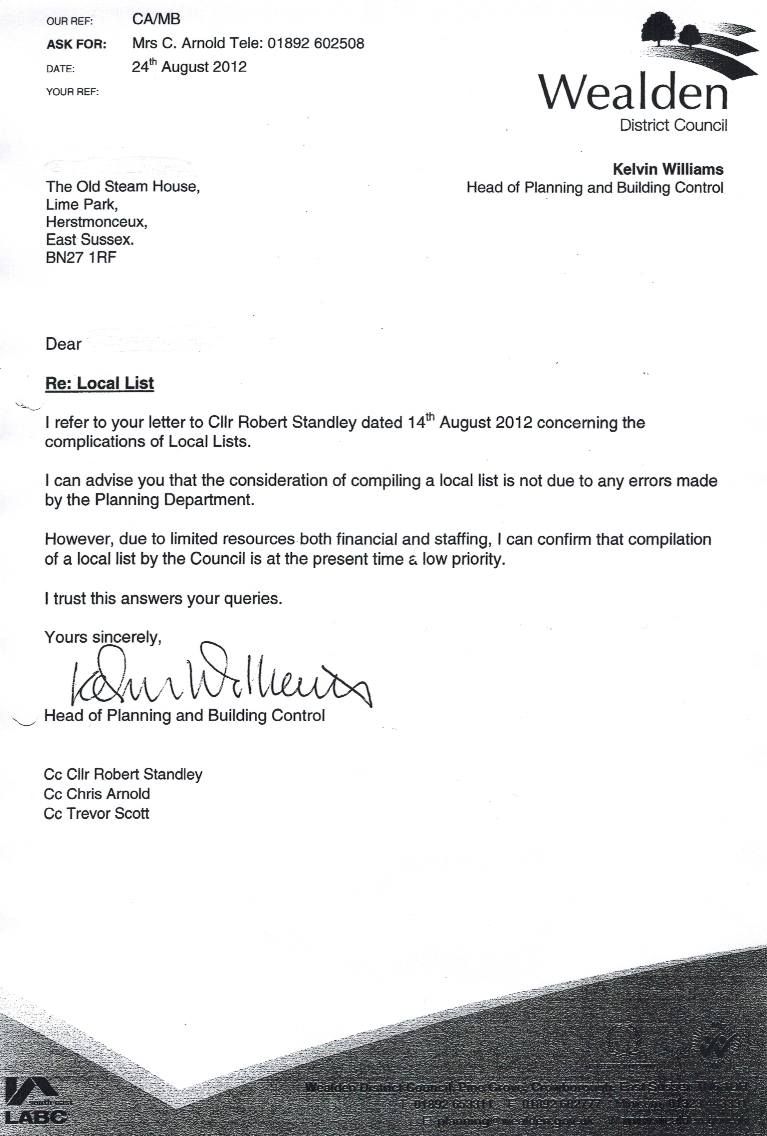|
DATA PROTECTION ACT 1998
|
||
|
The Data Protection Act 1998 (DPA) is a United Kingdom Act of Parliament which defines UK law on the processing of data on identifiable living people. It is the main piece of legislation that governs the protection of personal data in the UK. Although the Act itself does not mention privacy, it was enacted to bring UK law into line with the EU data protection directive of 1995 which required Member States to protect people's fundamental rights and freedoms and in particular their right to privacy with respect to the processing of personal data. In practice it provides a way for individuals to control information about themselves. Most of the Act does not apply to domestic use, for example keeping a personal address book. Anyone holding personal data for other purposes is legally obliged to comply with this Act, subject to some exemptions. The Act defines eight data protection principles. It also requires companies and individuals to keep personal information to themselves.
The Fraud Act 2006 (c 35) is an Act of the Parliament of the United Kingdom. It affects England and Wales and Northern Ireland. It was given Royal Assent on 8 November 2006, and came into effect on 15 January 2007.
FRAUD ACT 2006
Section 4 - Fraud by abuse of position [such as a planning or police officer]
(1) A person is in breach of this section if he —
(b)
dishonestly abuses that position, and (c)
intends, by means of the abuse of that position— (i)
to make a gain for himself or another, or (ii)
to cause loss to another or to expose another to a risk of loss. (2)A person may be regarded as having abused his position even though his conduct consisted of an
omission rather than an act.
PURPOSE
The Act gives a statutory definition of the criminal offence of fraud, defining it in three classes - fraud by false representation, fraud by failing to disclose information, and fraud by abuse of position. It provides that a person found guilty of fraud was liable to a fine or imprisonment for up to twelve months on summary conviction (six months in Northern Ireland), or a fine or imprisonment for up to ten years on conviction on indictment. This Act largely replaces the laws relating to obtaining property by deception, obtaining a pecuniary advantage and other offences that were created under the Theft Act 1978. These offences attracted much criticism for their complexity and difficulty in proving at court. Much of the Theft Act 1978 has been repealed, however, the offence of making off without payment, defined under section 3 has not been affected.
Section 10 extract of a Consent Order in Case No: SD16 of 2003, in the Eastbourne County Court. This is an Agreement between Nelson Kruschandl and Wealden District Council, that Mr Kruschandl alleges this council have breached concerning recognition of and the future of Herstmonceux Museum. Certain documents have been provided to us so that we can say to you that these documents are genuine.
Fraud is any statement or action that deceives another person, and in so doing causes a loss to the victim. Fraud, is also the failure to do something that is required in a position of authority - such as failing to seek advice from the County Archaeologist and English Heritage in accordance with Government Circulars. In this case it is alleged that Wealden only put forward one side of an argument, and that they failed to seek the proper assurances from the experts, as per Government guidance. This is of course a crucial omission on the part of those officers involved in the preparations of: 1. An enforcement report to the Members 2. Prior to service of an Enforcement Notice, and 3. An appeal where an Inspector will be making a decision and needs accurate facts on the table in order to make a decision that is safe. If the facts upon which a decision is based are incorrect (false or have been crafted) then the decision reached is ultra vires (invalid).
Consider then paragraph 17 of the Decision Letter from R P Dannreuther in 1987. In this paragraph the Inspector says that: "the foundation of a previous building do not merit special attention." This is a crucial error on the part of Dannreuther, because he has been persuaded that the building he is looking at is not the original generating building, but a building of "corrugated metal construction" built over foundations from another building that has no archaeological merit. This would never have happened if Wealden had done their duty and consulted the experts. Whether or not this was deliberate is irrelevant, as officers of the Court they were obliged to follow the correct procedure. Not to do so is both improprietous and maladministration - but more importantly, deprived the appellant of his right to a fair hearing under Article 6 - thus is also a human rights violation - that travels back in time if a Council fail to correct any decision or data entry that is erroneous and carries forward that which is now a violation under the Human Rights Act 1998.
Consider now paragraph 20, where Inspector Dannreuther says: The building itself, because of its materials and construction is an unattractive feature in the rural scene." Here again, the Inspector has erred in fact, because he has incorrectly assumed that the corrugated metal is the construction method. Whereas, the building is of timber construction (like many other barn conversions) and was merely sheathed in corrugated metal during WWII hostilities as a fire precaution. That metal covering has now gone save one small section under repair.
One way of hiding a fraud, is to do nothing that might reveal that fraud, such as to compile a list of local building of interest, when one knows that they have obtained a decision by what is now defined as a statutory fraud. Perpetuating known incorrect decisions to cause a person loss, brings the offence from 1986 into frame for prosecution in 2014.
Victorio Patrick Scarpa over 10 years ago, and Christine Nuttall & David Phillips. David Phillips is still working for WDC as of 2014. He was the enforcement officer working with Vic Scrapa concerning the alleged ongoing malicious prosecution. How many other officers might have been involved, or know enough to be able to blow the whistle? We know Christine Nuttall and Vic Scarpa were the solicitors preparing papers for this council for this case. Newcomer on the block is Christine Arnold, pictured here in 2013, taking a very close look at a fence behind her for some reason - but using a piece of paper to obscure her inspection of that fence - most odd!
Vicarage Lane, Hailsham,
East Sussex, BN27 2AX T: 01323 443322
cllr.susan.stedman@wealden.gov.uk
http://www.legislation.gov.uk/ukpga/2006/35/contents http://en.wikipedia.org/wiki/Fraud_Act_2006
|
||
FAIR USE NOTICE
This site contains copyrighted material the use of which has not always been specifically authorized by the copyright owner. We are making such material available in our efforts to advance understanding of environmental, political, human rights, economic, scientific, and social justice issues, etc. We believe this constitutes a 'fair use' of any such copyrighted material as provided for in section 107 of the US Copyright Law. In accordance with Title 17 U.S.C. Section 107, the material on this site is distributed without profit to those who have expressed a prior interest in receiving the included information for research and educational purposes. |
||
|
This site is protected under Article10 of the European Convention on Human Rights and Fundamental Freedoms. |
||








